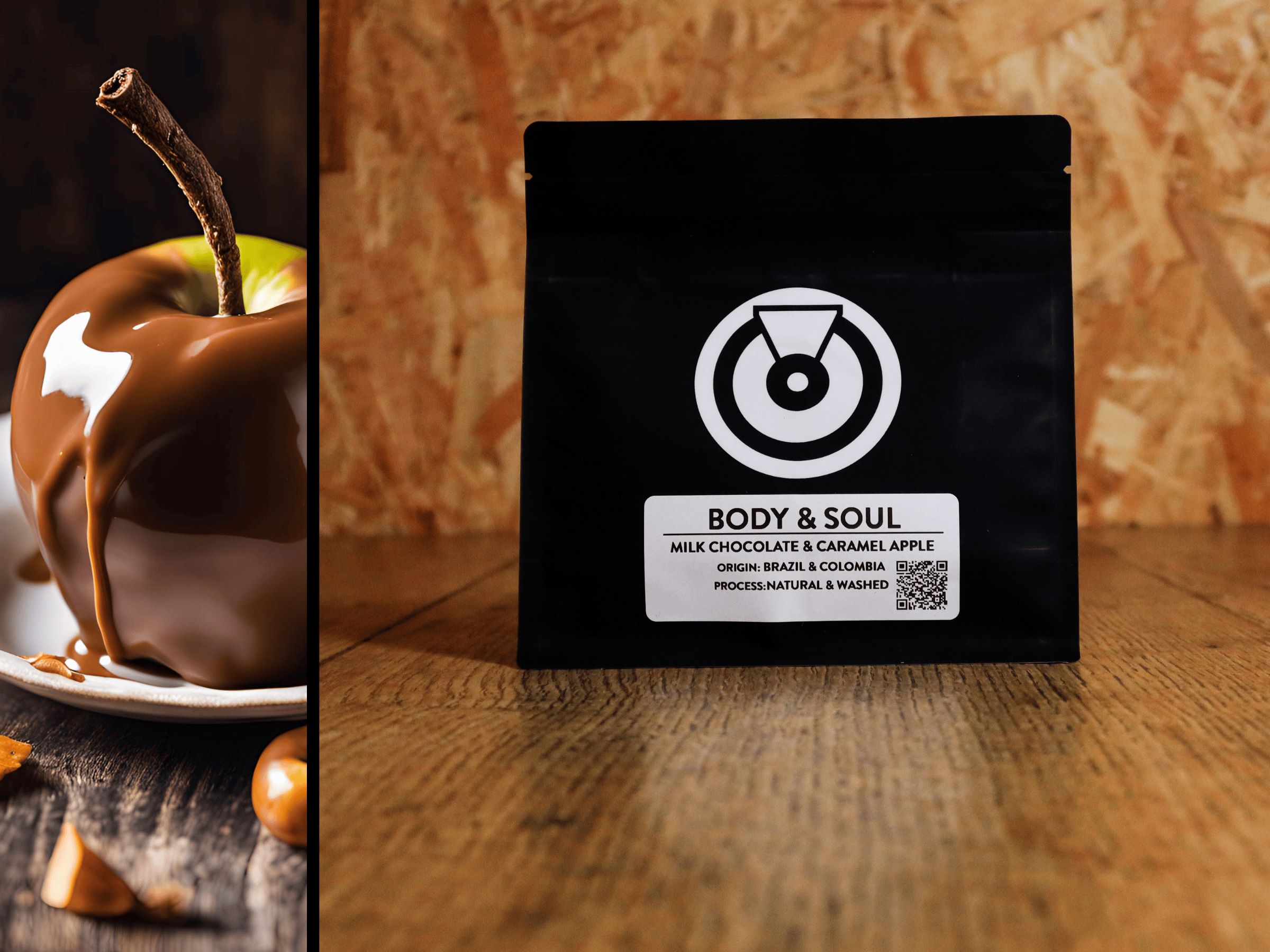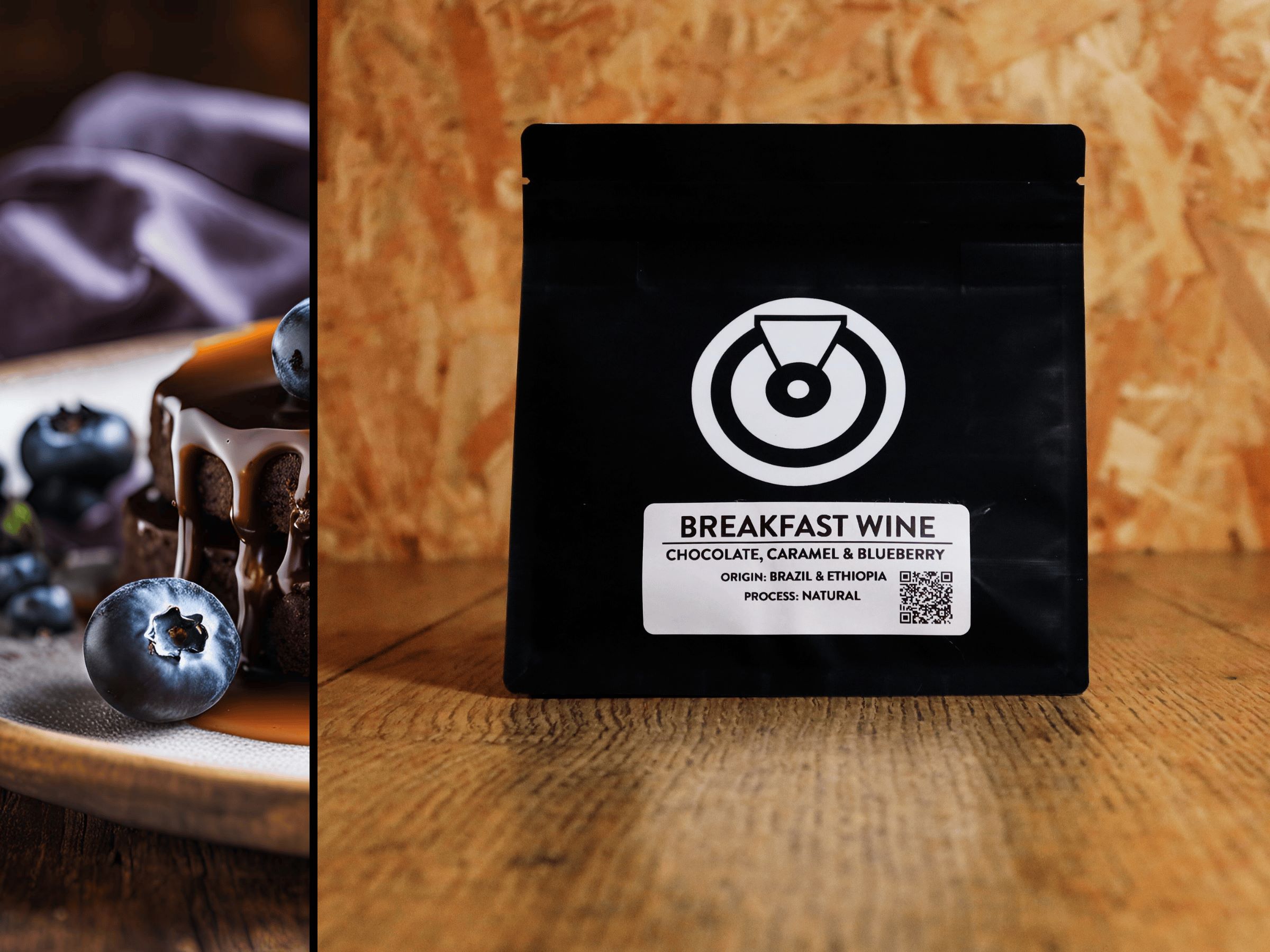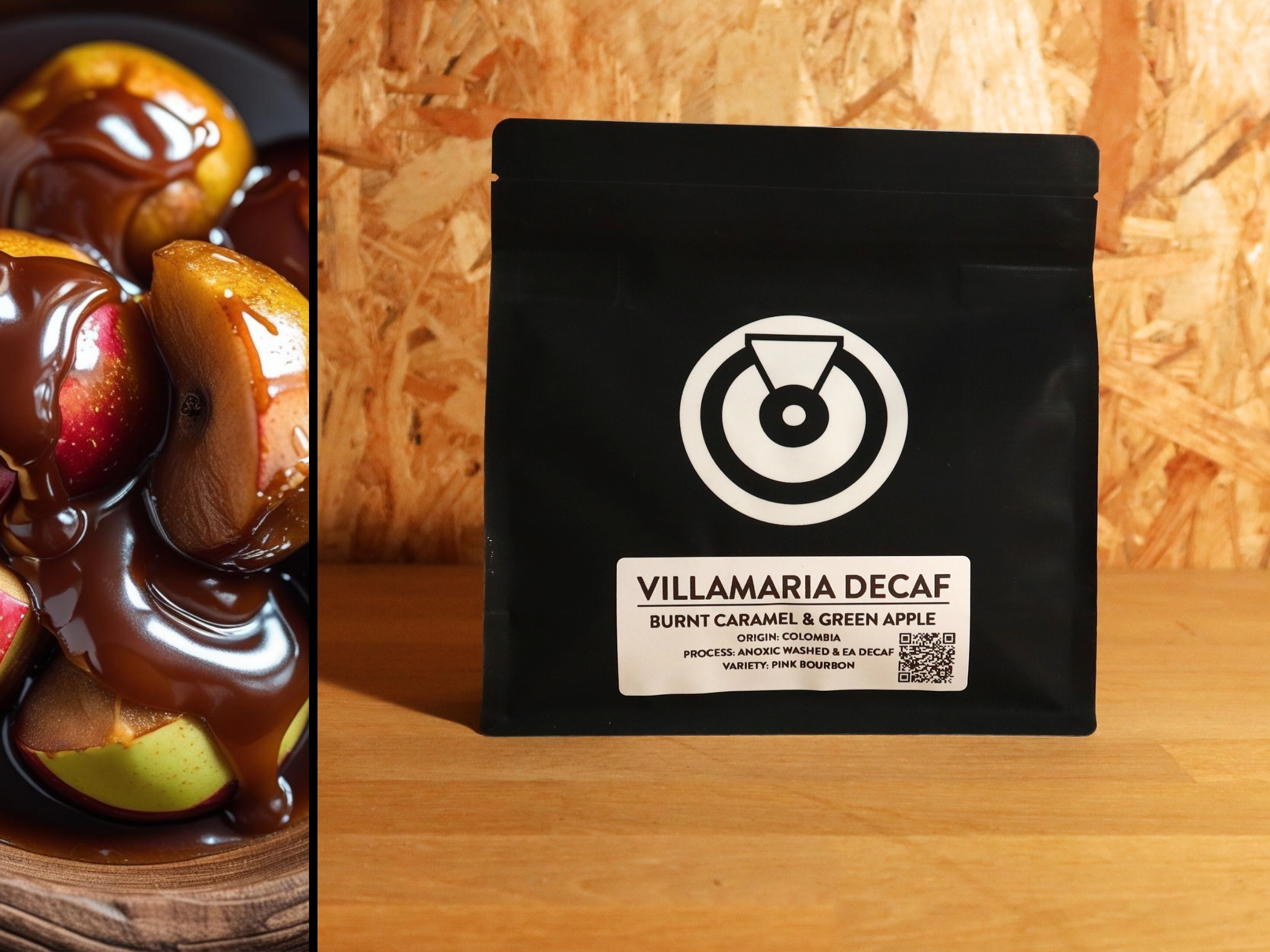Additional Information
Edelweiss Coffee is located in Oldeani, Karatu, on the rim of the world famous Ngorongoro Crater in northern Tanzania. The farms have a rich history that dates back to the early 1900s, when German settlers first occupied the land and lived in Buffalo Ridge House on the neighboring Ascona farm. Between 1926 and 1931, they planted the first coffee trees on Ascona, laying the foundation for what would become one of Tanzania’s most renowned coffee regions.
During the Second World War, the German settlers were interned, and the farms were taken over by the British Administration. Under the supervision of Mr. B.N. Vohora later the founder of Coffee Exporters the farms continued to produce high quality coffee. After the war, they were managed by British farmers until being sold to an American multinational in the 1950s.
In 1969, Mr. B.N. Vohora purchased both Ascona and Edelweiss farms, beginning a family legacy that continues to this day. For over three generations, our family has carefully nurtured, expanded, and developed these farms, producing exceptional Arabica coffee grown in the fertile volcanic soils of the Ngorongoro Highlands.
Today, Edelweiss stands as a symbol of tradition, quality, and sustainability sharing the unique flavors of Tanzanian coffee with the world.
Proccessing
Batian was created at the CRF in kenya for improved yield and disease resistance whilst maintaining a good taste profile. It has been bred by crossing SL28 with Rume de Sudan.
This lot is prefermented for 3 days under a black tarp with plenty of airflow, after the coffee is sun dried in a very thin layer for 25-26 days and when it has reached below 12% moisture.
Following this the coffee is placed in hermetic storage bags and taken to the conditioning store. The coffee will only be reexposed to the air when it is opened for milling at the dry mill.










